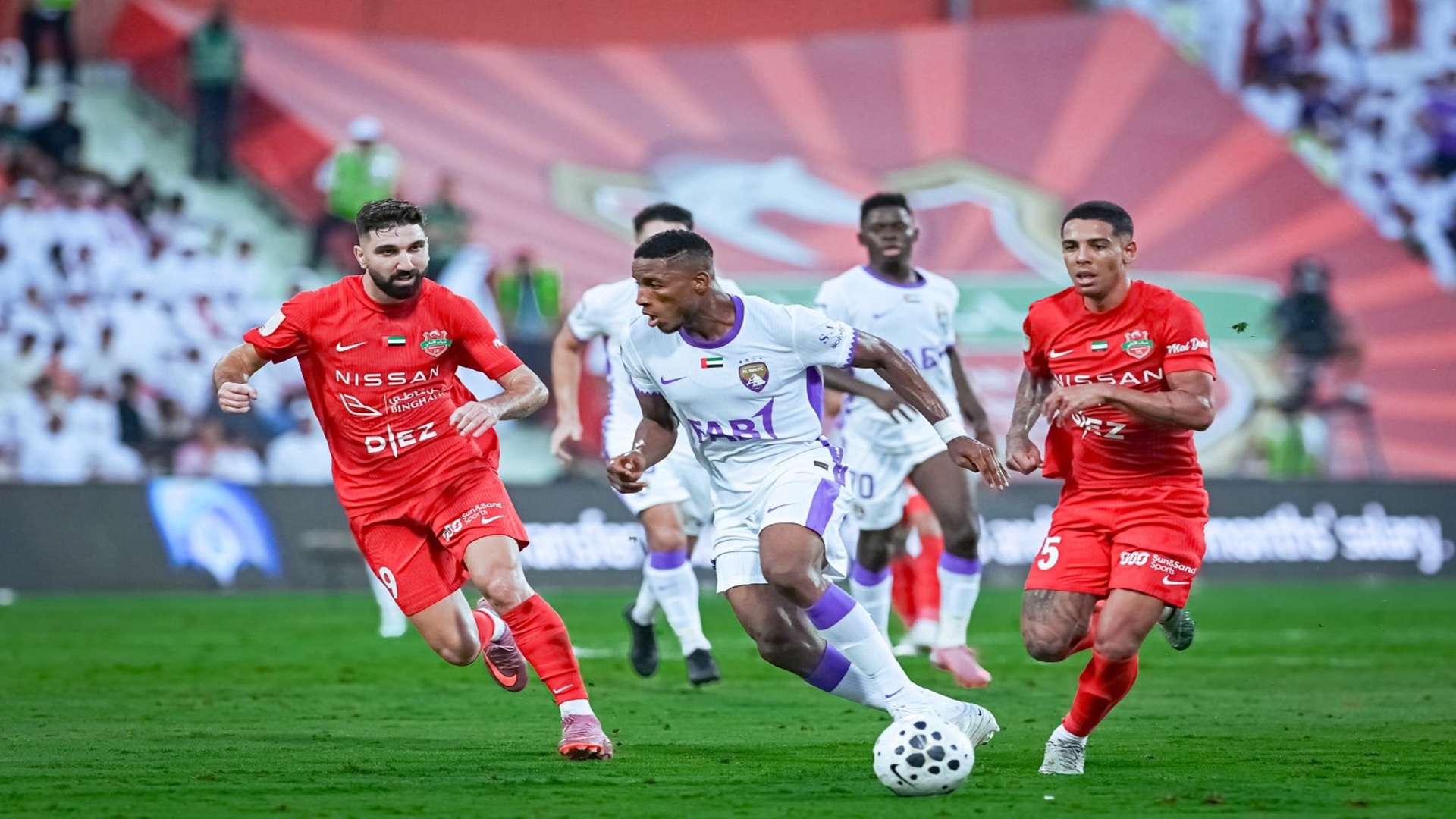Coaching Carousel Spins Fast: Moroccan Pro League’s Early-Season Shake-Up
28 September 2025

Coaching Carousel Spins Fast: Moroccan Pro League’s Early-Season Shake-Up
A wave of early-season managerial dismissals sweeps through the Moroccan top flight as Kawkab Marrakech announced the termination of head coach Rachid Toussi after only three league matches. The parting of ways comes amid a winless start that unsettles the club and its supporters, a sharp reminder that timing matters as much as tactics in football’s high-pressure environment.
Toussi had failed to collect points so far with the Marrakech-based side, which had recently rejoined the top division after relegation battles in previous seasons. The decision signals a broader concern that instability at the helm could become the season’s defining theme in a league where results quickly shape fates.
Kawkab opened the campaign with a 1-0 defeat to Wydad Casablanca, a stern welcome to life back in the top tier.
In round two they fell 2-1 to RS Berkane, a result that added pressure on the coach and the project alike.
Then in round three, Ittihad de Dcheira overturned the deficit to beat Kawkab 2-1, sealing Toussi’s fate and leaving the club bottom of the table at a delicate crossroads.
As a result, Toussi becomes the first Moroccan coach to be dismissed this season, following the earlier departure of Tunisian coach Assaad Shabi from Raja Casablanca due to a downturn in results and performance.
Raja Casablanca had started the season with a 2-0 win over Fath Rabat, before a disappointing draw with the Army club, which preceded the decision to part ways with Shabi. In round three, after Shabi’s exit, Raja registered a 2-0 victory over Hassani New City to regain momentum.
Three Defeats End the Experiment
Defeats were not kind to Kawkab Marrakech, who faced a sequence of top contenders—Wydad Casablanca in the opening round at the Mohammed V Stadium, then RS Berkane, and finally Ittihad de Dcheira, a side hungry for a breakthrough in the league’s challenging early calendar.
Toussi later told Kuwaraa “We faced a big club with a solid crowd, and we’re still building something strong. We deserve at least a point from that game.”
“I won’t dwell on this game because it’s a chapter closed,” he added, speaking about the squad he did have under his command, which he felt would still make its mark in the league’s battles ahead. He noted the sacrifice of experience and the need to learn from difficult days, however painful they may be.
Despite facing some of the league’s strongest opponents early on, the Marrakech club did not extend Toussi’s stay, with management deeming the results not convincing enough to sustain the project at the moment.
Continued Turbulence Across the League
The season’s narrative isn’t limited to Kawkab Marrakech. The league has witnessed a broader trend of managerial changes, reflecting the high expectations and intense scrutiny at clubs across the country. Changes at Raja Casablanca, in particular, have underscored how quickly fortunes can turn when results dip below the line of acceptability.
As the season unfolds, executives insist that the league’s apprenticeship in the art of turnover is far from over. The association has tightened rules around coaching settlements, aiming to curb what some call the sport’s “cobweb of sacking,” yet the appetite for fresh leadership remains potent among club owners and fans alike.
In this climate, every press conference and every post-match interview carries more weight than a typical game-day snapshot, and the touchline chair often looks more like a revolving door than a seat of power.
Ready-Made Replacements on the Horizon
As with Raja, Kawkab Marrakech is weighing new names to steady the ship. The club has reportedly set its sights on a short list headed by Hicham Delmi, a former player who knows the club well and has demonstrated leadership at other levels. Other considered candidates include Abdelatif Grindo and Youssef Safri, with the board set to decide after a meeting with Toussi to formalize the separation and prepare the plan for a smooth transition.
The conversations around succession suggest the club intends a swift, decisive move to rekindle the campaign’s momentum, while fans hope the next appointment brings stability and a clearer path to the season’s objectives.
For the broader league, the pattern of quick changes continues to raise questions about long-term planning, recruitment, and the alignment of coaching talent with club ambitions. Yet the immediate priority remains turning results around and rebuilding confidence among players and supporters alike.
Final note: the season’s early cauldron shows that in Moroccan football, as in comedy, timing is everything—and the next act could be a breakout success or another headline-grabbing exit.
Punchline time: Boom, head coach ousted. In this league, three games and the chair’s already auditioning replacements like a reality show—season premiere, coming soon.
Punchline two: If coaching changes were a sport, Morocco would be the world champion—headshots only, no overtime. The whistle blows, the chair spins, and the saga continues.



